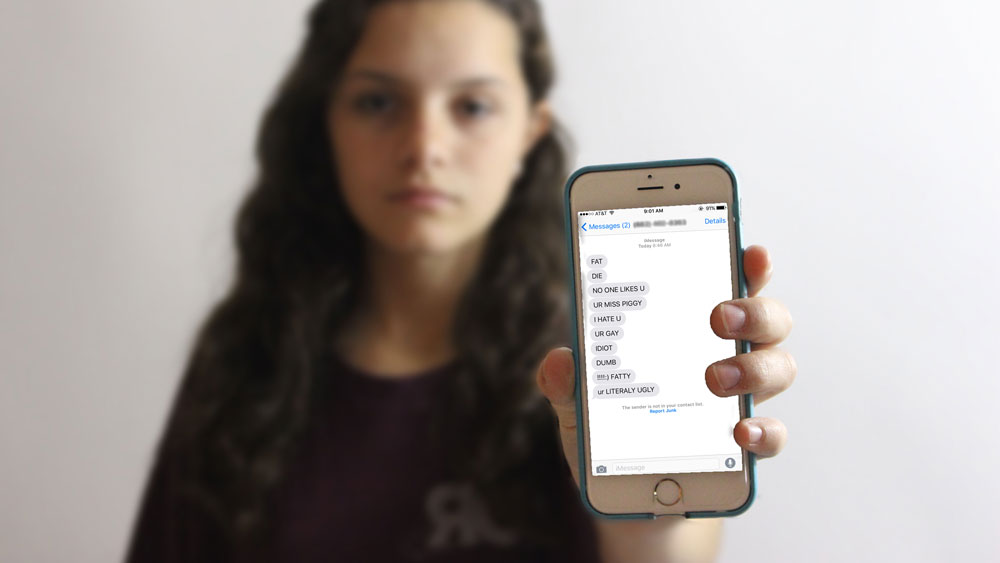Senate Bill 179, or “David’s Law,” was filed by Senator José Menéndez and took effect on Sept. 1, 2017 in efforts to stop cyberbullying and reduce teen suicide.
David’s Law was established in the name of David Molak, a high school student who took his own life on Jan. 4, 2016 at 16 years-old after being harassed and cyberbullied online months before. His family formed the David’s Legacy Foundation in order to raise awareness about the effects of cyberbullying and prevent such tragedies to other families.
Under the law, it is now a misdemeanor to bully or harass a minor online, through sources that include social media, texts, etc. Additionally, schools are required to intervene in any suspected cases of cyberbullying and are able to investigate bullying off-campus if it affects the school environment and the student’s academic performance.
“What changed for us administrators is that when cyberbullying would happen off-campus or after school hours, it wasn’t really our responsibility,” said Timber Creek ROCK (Reaching Out with Character and Kindness) representative Gusti Ratliff. Under David’s Law, it is now the school’s obligation to handle cyberbullying off school property and outside school-sponsored or school-related activities.
The law also constitutes that one significant act or a pattern of acts can be considered as very serious bullying.
“Encouraging a minor to commit or attempt to commit suicide is [an example] of one significant act, or [inciting] violence against a minor through group bullying,” Ratliff explained.
Releasing or threatening to release visual material of a minor is another example of a single significant act that constitutes as serious bullying.
“It’s one act, but through retweeting and posting, you have ruined…somebody’s entire reputation,” Ratliff said.
According to the David’s Legacy Foundation, schools will be required to notify the victim’s parents in less than three business days after the incident is reported. They also must notify the parents of the bully/aggressor in a reasonable amount of time.
Officials will be able to obtain subpoenas to uncover anonymous users online who commit significant acts of bullying or harassment.
“We do investigate to the maximum extent,” Ratliff said when asked about the precautions that will be taken to limit cyberbullying.
The second annual ROCK Bullying Prevention Summit will be held Oct. 21. Keynote speakers as well as teenage panels will be featured at the summit for attendees to get involved in the discussions. The event will be open for parents, students and all community members.
Schools will be required to create anonymous methods to report cyberbullying, as well as develop suicide prevention programs and mental health plans.
“I just can’t imagine that students could ever encourage another student to take their life,” Ratliff said. “As human beings, we should be lifting each other up and caring for each other, not just destroying each other.”

